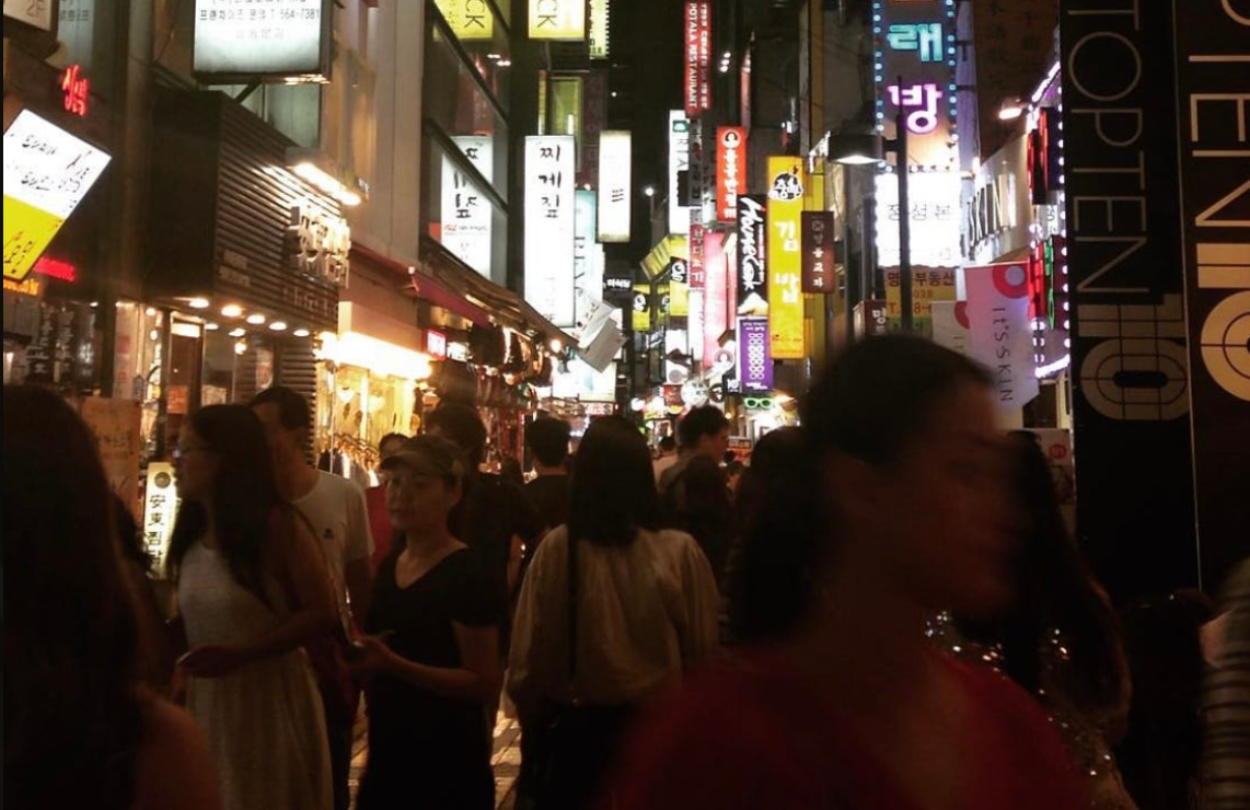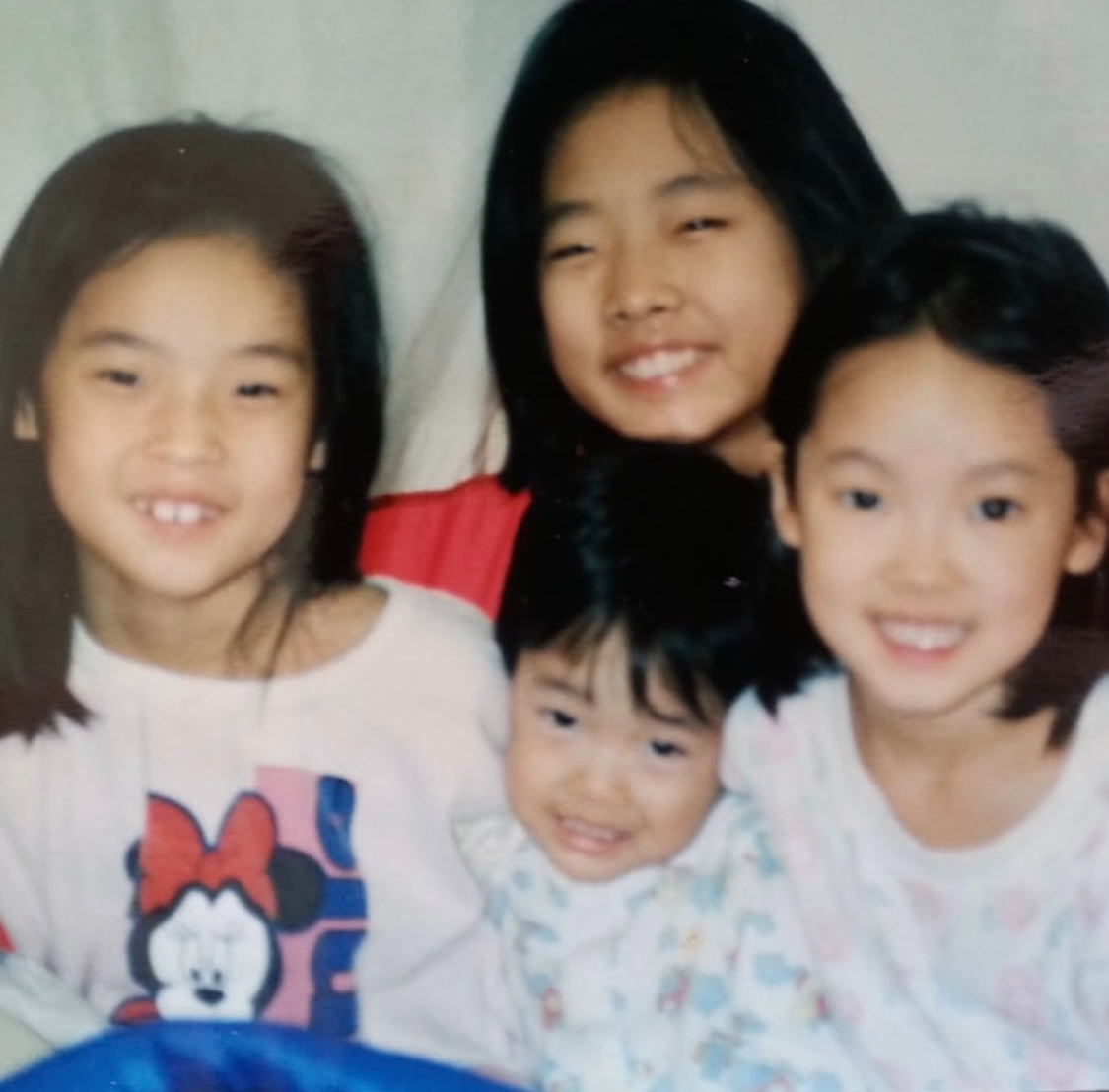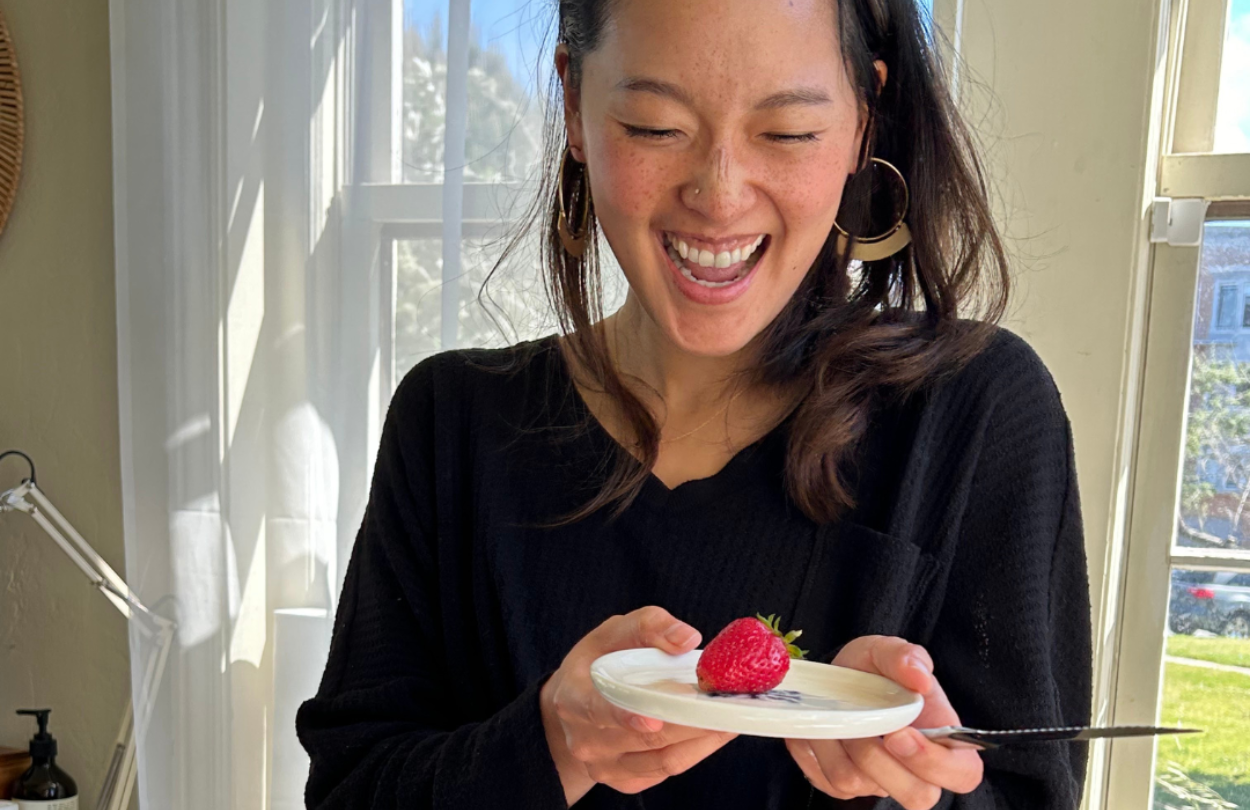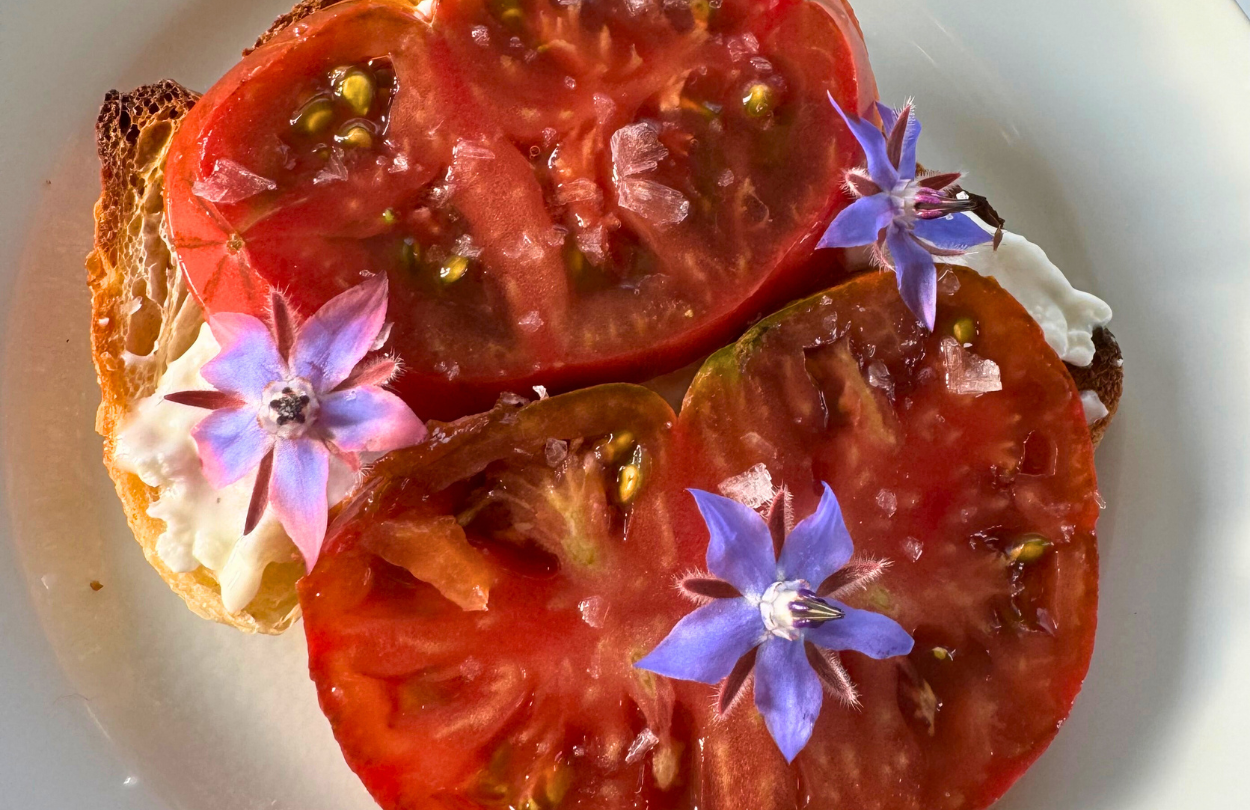Writing / As they do
nonfiction
As they do
Miij • 2022-02-20
How food was the guiding thread to find my way home
Years ago, I found myself in a crowded alleyway in the Myeong-dong district of downtown Seoul, weaving through the crowd and readily navigating the buzzing scene as if I had been there a hundred times. This was in fact only the second time I had stepped foot in my parent’s home country. Born in the US and barely able to speak the language, I was an outsider in my own motherland but it didn’t take long for me to feel an incredible sense of belonging, pride, and connection to the strangers around me. Street vendors sold roasted chestnuts that crackled on a cast iron pan over an open flame and the smell of waffles floated through the air, informing me that warm, carp-shaped pastries filled with sweet red bean were not far off.
As I walked, I overheard the sound of my mother tongue: the rice cake vendor thanking her patrons as she provided change, a group of friends chattering as they gathered their heads in formation to smile for the camera, a seasoned couple deciding what to eat for dinner. Hearing the sound of the language, I suddenly became my younger self. I became the age when I actually spoke Korean; the age when I responded to “Mijin-ah!” as my mom would call from the back door to invite us home after running around with the neighborhood kids until we were happily bug bitten and covered in grass stains; the age when I dreamt in Korean and sounds of dad’s bedtime melodies reemerged in my otherworldly imagination as I slept. I was solidly in my mid-twenties, but there on that street, I was six years old again.
Despite these familiarities, it only took one look at my reflection in a storefront window to realize that I was, in fact, not home. My clothes, they gave me away. My haircut, it spoke for me. Even the way I stood at the crosswalk, it seemed “foreign.” And though a DNA test would tell the story of a pure pedigree of Koreans dating back to the dynastic age, I was like any other foreigner from another country in my own homeland.
Children of immigrants all around the world know that, sometimes, simple facts of life can be full of conflicting truths and half realities that don’t always make a whole, perpetually straddling the lines between this and that, creating an existence that is both/and. However, no matter how long and costly the voyage, the act of homecoming as a “gyopo,” or a Korean American, who has never known her origins is immediately rewarding and never too late.
My siblings and me circa '96
Today, my Korean-speaking tongue is slow and clumsy to position itself in the proper way, making the vowels flat and the consonants harsh. And the pen in my hand scrawls “saranghae” (I love you) on my mom’s birthday card with the characters so cloddishly stacked in a way that I’m sure the characters are backwards and the words are misspelled. But within and throughout my being, I am waking up to the reality that there is and always has been an intrinsic part of me that yearns to come "home," reconnect with the land, and be among a people that look like me...to do as they do.
Our immediate connections in Korea dwindled as the years went by, but in our little Albany home, we brought the life and spirit of the peninsula with us. And throughout all of those years, even as our family grew by one more and we moved to Philadelphia, the ardor and determination of the Korean spirit journeyed with us and inhabited our home and showed up in most everything we did — and ate. And of course that meant that we knew the best way to enjoy sweet potatoes was roasted whole, glistening in their own sugars as we peeled back the dried purple skins, piping hot, and with alternating bites of well-fermented kimchi — just as they do.
Read Other Pieces
Copyright © 2023 Fruit & Supper LLC. All rights reserved.




